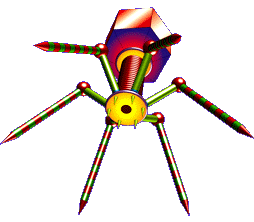

Molecule that consists of the same number and types of atoms as a comparison molecule but nevertheless differs in the arrangement of the atoms and thus is not identical.
Isomers are considered to be chemically distinct and different from one another. They, in fact, are basically different compounds that happen to share a chemical formula. Another way of thinking about isomers is that, though potentially quite similar, they nonetheless are interconvertible only via the breaking and making of chemical bonds.
Isomers come in different forms. These include what are known as structural isomers, geometric isomers, and enantiomers. Note that the concept of "isotope" has nothing to do with that of isomer, though the two concepts nevertheless are similar in that an isotope is a variation on what it is to be certain type of atom whereas an isomer is a variation on what is to have a certain molecular formula.
The concept of isomers is crucial to the metabolic functioning of organisms because one component of enzyme specificity is an ability to distinguish between different isomeric forms. Indeed, typically one isomer may serve as the substrate for an enzyme but another isomer, despite possessing the same molecular formula, will not be substantially recognized by the enzyme and may not be recognized at all. Often the "wrong" isomeric form may not be acted upon metabolically by an organism despite the "right" metabolic form serving as a crucial component of that same metabolism.
For more on this topic, see Wikipedia and Google. Contact web master. Return to home.











